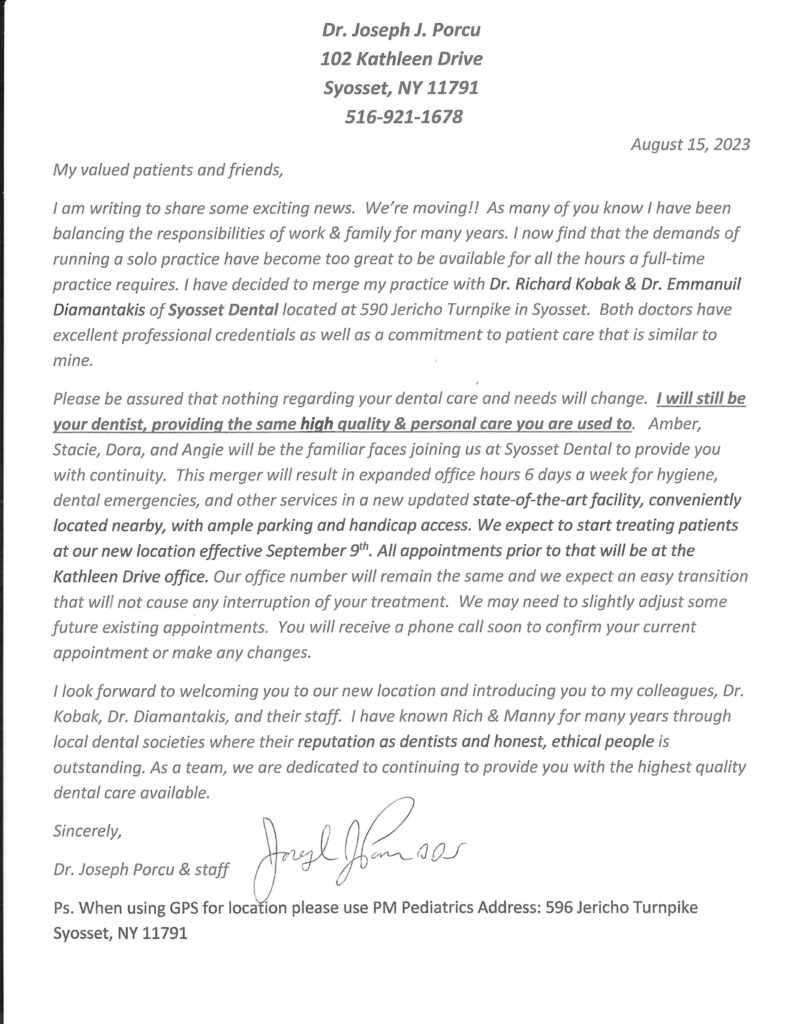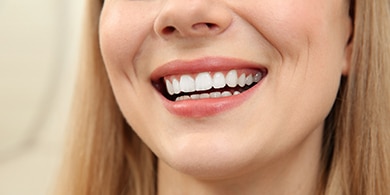 While headaches are typically felt at the top of your head, the pain could actually be coming from your jaw. The jaw structure is connected to the skull by two temporomandibular joints – acting just like hinges, these joints allow your jaw to open and close for daily functions like speaking and chewing. When problems (irritation or inflammation) arise with the joint and surrounding facial muscles, it can lead to a disorder simply known as TMD (temporomandibular joint disorder). This muscle tension in your face can often cause headaches and, in severe cases; migraines.
While headaches are typically felt at the top of your head, the pain could actually be coming from your jaw. The jaw structure is connected to the skull by two temporomandibular joints – acting just like hinges, these joints allow your jaw to open and close for daily functions like speaking and chewing. When problems (irritation or inflammation) arise with the joint and surrounding facial muscles, it can lead to a disorder simply known as TMD (temporomandibular joint disorder). This muscle tension in your face can often cause headaches and, in severe cases; migraines.
What Causes TMD?
While dentists are unsure of an exact cause behind TMD, experts believe it stems from a muscular problem surrounding the temporomandibular joint as well as issues with the joint itself.
Facial injuries, trauma (such as whiplash), and arthritis typically affect muscles in your face and jaw, often leading to TMD. However, more commonly – dental conditions, like bruxism (teeth grinding or clenching), can cause significant muscle tension. Furthermore, there are several factors that can contribute to grinding or clenching such as; malocclusion (misaligned bite) and feelings of stress, anxiety, or fear.
TMD Symptoms
Common TMD symptoms typically revolve around opening and closing your mouth. For example, you may notice a clicking or popping sound when doing so. Likewise, if you have trouble moving your jaw to speak or chew (or simple functions like these are painful), it’s probably an issue with your jaw joint.
In some cases, patients will ignore other symptoms like earaches, ringing in the ears, and neck or shoulder pain since they aren’t obviously related to the jaw. However, if any of these symptoms are accompanied by pain or tenderness around your face, jaw, or neck – don’t hesitate to visit your dentist.
Treating Temporomandibular Joint Disorder
Although the problem may be temporary in some cases, it does have the potential to last several years. Depending on the severity of your condition, your dentist will likely recommend different treatments to help alleviate any inflammation or tension in your facial muscles and jaw joint. Any painful or uncomfortable symptoms – including migraines – will likely dissipate with the disorder itself upon successful treatment.











